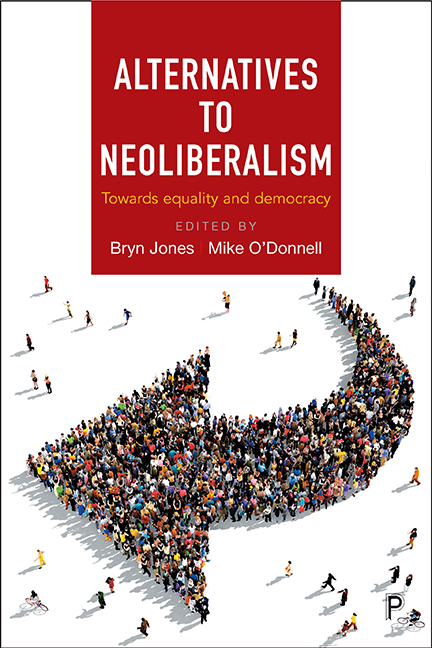Book contents
- Frontmatter
- Dedication
- Contents
- List of figures, tables and boxes
- List of abbreviations
- Notes on contributors
- Acknowledgements
- Foreword
- Editors’ preface
- Introduction: The open-market society and its opponents: an overview
- Part One Alternative paradigms and perspectives
- Part Two Reform within economic and governance restraints: pushing the boundaries
- Part Three Economic and political democracy: restoring the market-civil society balance
- Conclusion: A Brexit from neoliberalism?
- Index
Foreword
Published online by Cambridge University Press: 05 April 2022
- Frontmatter
- Dedication
- Contents
- List of figures, tables and boxes
- List of abbreviations
- Notes on contributors
- Acknowledgements
- Foreword
- Editors’ preface
- Introduction: The open-market society and its opponents: an overview
- Part One Alternative paradigms and perspectives
- Part Two Reform within economic and governance restraints: pushing the boundaries
- Part Three Economic and political democracy: restoring the market-civil society balance
- Conclusion: A Brexit from neoliberalism?
- Index
Summary
This important book is part of the emergent social science paradigm that both analyses the neoliberal transformation of society and offers the conceptual tools needed for an alternative vision.
‘Democracy’ is offered as an alternative principle of social organisation to replace the current privileging of ‘markets’ as the best form of societal governance. Markets are shown to need regulation in order to reduce fraud, corruption and abuse of power.
My own work on the concept of ‘crisis’ is echoed in the way that some of the crisis of neoliberalism is analysed to demonstrate how neoliberal values have become endemic in social and cultural as well as economic relations. The different aspects of that crisis are shown to be interconnected, as it cascades through one social institution to another.
The significance of multiple inequalities is demonstrated in detail. Building on recent scholarship, it examines the underlying, destructive dynamic of neoliberalism, not only for class divisions, but also for gender, ethnicity, generation and citizenship.
Throughout the book, selective use of Karl Polanyi's theory of countermovement and transformation, informs alternative policy proposals. The book also builds on the classic sociological heritage that understands society as a whole, as a social system, rather than as numerous discrete institutions to be analysed separately within a set of narrow specialisms.
The book offers a contribution to policy making and the reinvigoration of the critical and politically relevant uses of sociology and other social sciences, to help develop the knowledge base needed to build a better world.
- Type
- Chapter
- Information
- Alternatives to NeoliberalismTowards Equality and Democracy, pp. xiiiPublisher: Bristol University PressPrint publication year: 2017



